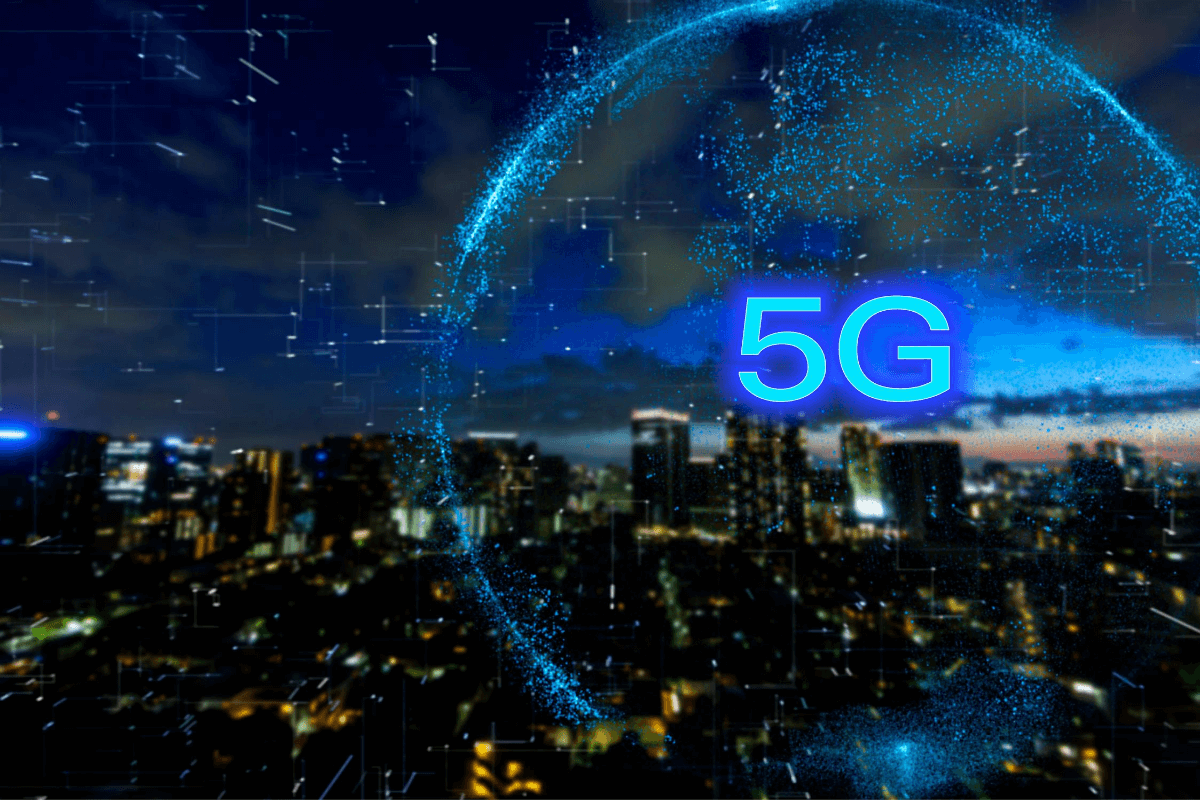Leave us a message
We usually respond within a few hours. You can also make an appointment with us for a specific date by clicking on the link to our calendar below.


Since the beginning of this year, there has been a lot of talk about fifth generation (5G) mobile telephony. When I write this text (July 2020), all major telephone operators in Poland maintain that they have already introduced 5G in separate geographical areas.
5G can be treated as a telecommunications response to the problem of the Internet of Things (IoT). With more and more devices connected to 'cloud' applications and, moreover, through them, to each other, the latest generation telecommunications network plays a key role.
Apart from the rather absurd media hype from the populists that 5G is creating a new kind of magnetic field and threatening human health and even life, it is worth emphasising at this point that 5G is not a new technology, but a certain improvement on the existing 4G technology.
First generation mobile telephony enabled us to make "cable-free" calls, second generation (2G) telephony - sending SMS, 3G - using the Internet on the phone, and 4G - fast data transmission over the Internet, which definitely increased the user's comfort.
However, it turns out that it is never fast enough and the development of technology is forcing ever faster data transfer. 5G is 30 to 40 times faster than 4G.
What do 5G solutions mean in practice?
5G is the use of higher radio frequency bands, which have not yet been used by operators. In practice, in addition to increasing data transfer rates, 5G encounters problems when it comes to signal quality inside buildings. There are still problems with 5G signal quality indoors.
The 5G signal is also much less resistant to terrain obstacles such as trees and to precipitation - rain and snow.
It is therefore necessary for both 4G and 5G signals to be made available simultaneously by telephone operators.
From the infrastructural point of view, 5G involves the modernisation of existing base stations, as well as the deployment of a much denser network of special base stations in cities. It is these new types of base stations, operating in much denser environments, that have become the subject of all kinds of conspiracy theories.
5G is certainly not yet a technologically ready-made concept and we will wait at least 2-3 years for it to become fully operational. It will certainly accelerate the development of those industries that rely on near real-time data transmission. Autonomous cars are an example of such an industry - the speed of data transmission determines the response time in situations requiring an immediate response on the road.
When will an efficient 5G network be the market standard? What is your opinion?

We usually respond within a few hours. You can also make an appointment with us for a specific date by clicking on the link to our calendar below.